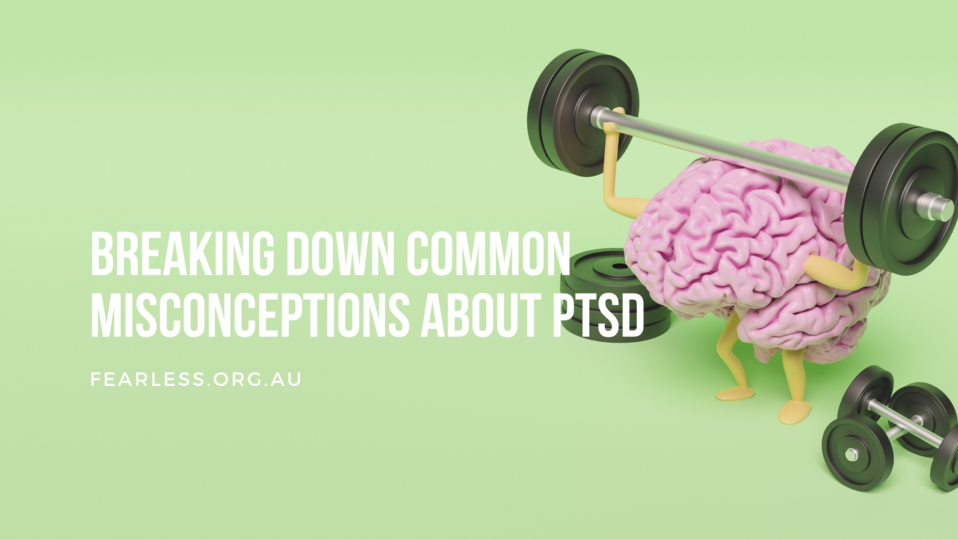Post-Traumatic Stress Disorder (PTSD) is a condition that can occur in individuals who have experienced a traumatic event. Despite its prevalence and impact, misconceptions and myths about PTSD continue to circulate. These misunderstandings can impede proper understanding and treatment of this condition.
In this blog post, we will explore and debunk five common myths about PTSD, and provide information to help increase understanding and awareness.
Myth 1: Only soldiers can develop PTSD
While soldiers may be more likely to experience trauma, anyone can develop PTSD. Traumatic events can range from natural disasters to car accidents, sexual assault, or even the unexpected loss of a loved one. PTSD can develop in anyone who has experienced or witnessed a traumatic event.
Myth 2: PTSD always develops immediately after a traumatic event
PTSD can develop immediately after a traumatic event or may take months or even years to appear. Symptoms may include flashbacks, nightmares, and emotional numbness. It is essential to seek help if you are experiencing any of these symptoms, regardless of how long ago the traumatic event occurred.
Myth 3: People with PTSD are dangerous
People with PTSD are not inherently dangerous. While individuals with PTSD may struggle with irritability, anger, and difficulty sleeping, these symptoms do not necessarily make them violent. In fact, individuals with PTSD are more likely to be the victims of violence than the perpetrators.
Myth 4: PTSD is a sign of weakness
PTSD is not a sign of weakness, and anyone can develop this condition. Trauma can have a profound impact on mental health, and PTSD is a natural response to a traumatic event. Seeking help for PTSD is a sign of strength, and it can be the first step towards recovery.
Myth 5: PTSD is incurable
PTSD is a treatable condition, and recovery is possible. Treatment options may include therapy, medication, or a combination of both. While recovery may take time, it is possible to manage symptoms and live a fulfilling life with PTSD.
In conclusion, PTSD is a real and treatable condition that can develop in anyone who has experienced trauma. Understanding and dispelling common myths about PTSD is essential to improve the treatment and support available to those who are struggling with this disorder. If you or someone you know is experiencing symptoms of PTSD, seek help from a mental health professional. Remember, recovery is possible.
About FearLess
FearLess is a charity that works with people living with the consequences of post traumatic stress (often referred to as PTSD). We also help family members in any way affected by it. Our community members come from all walks of life including those living with PTSD and their families or people who want to do their bit to make the lives of people living with post traumatic stress more enjoyable and fulfilling. Our work complements the activities of other community-based organisations and government agencies that provide services to people with post traumatic stress.
This website has been established to provide information about PTSD to the Australian and New Zealand community. The website’s content is not intended to be a substitute for professional medical advice, diagnosis or treatment. You should seek the advice of an appropriately qualified healthcare professional before making decisions about your own circumstances. You should not disregard professional medical advice, or delay seeking it, because of any information contained on this website.



Post a comment